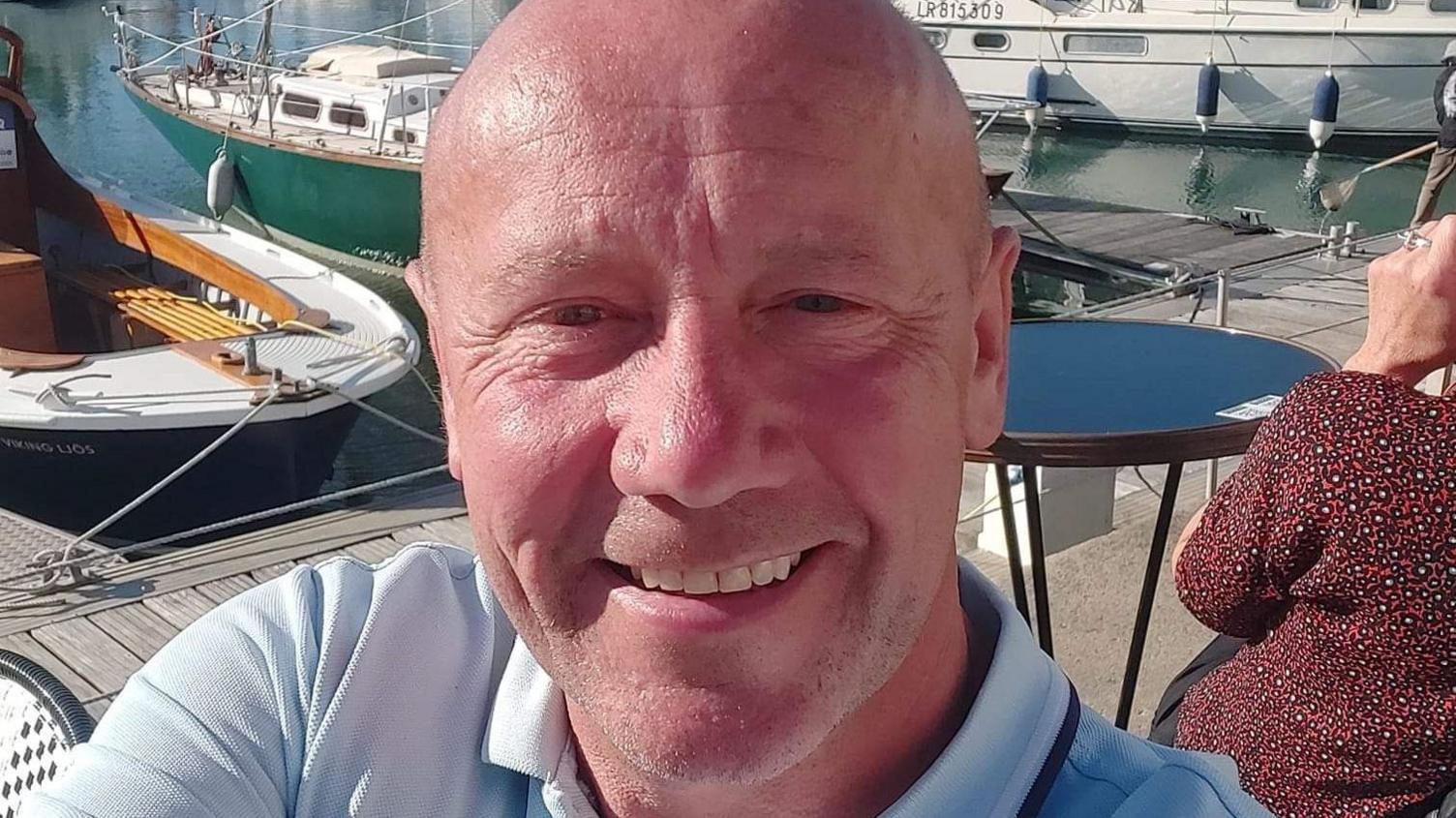Hit-and-run father and son 'weaponised van'
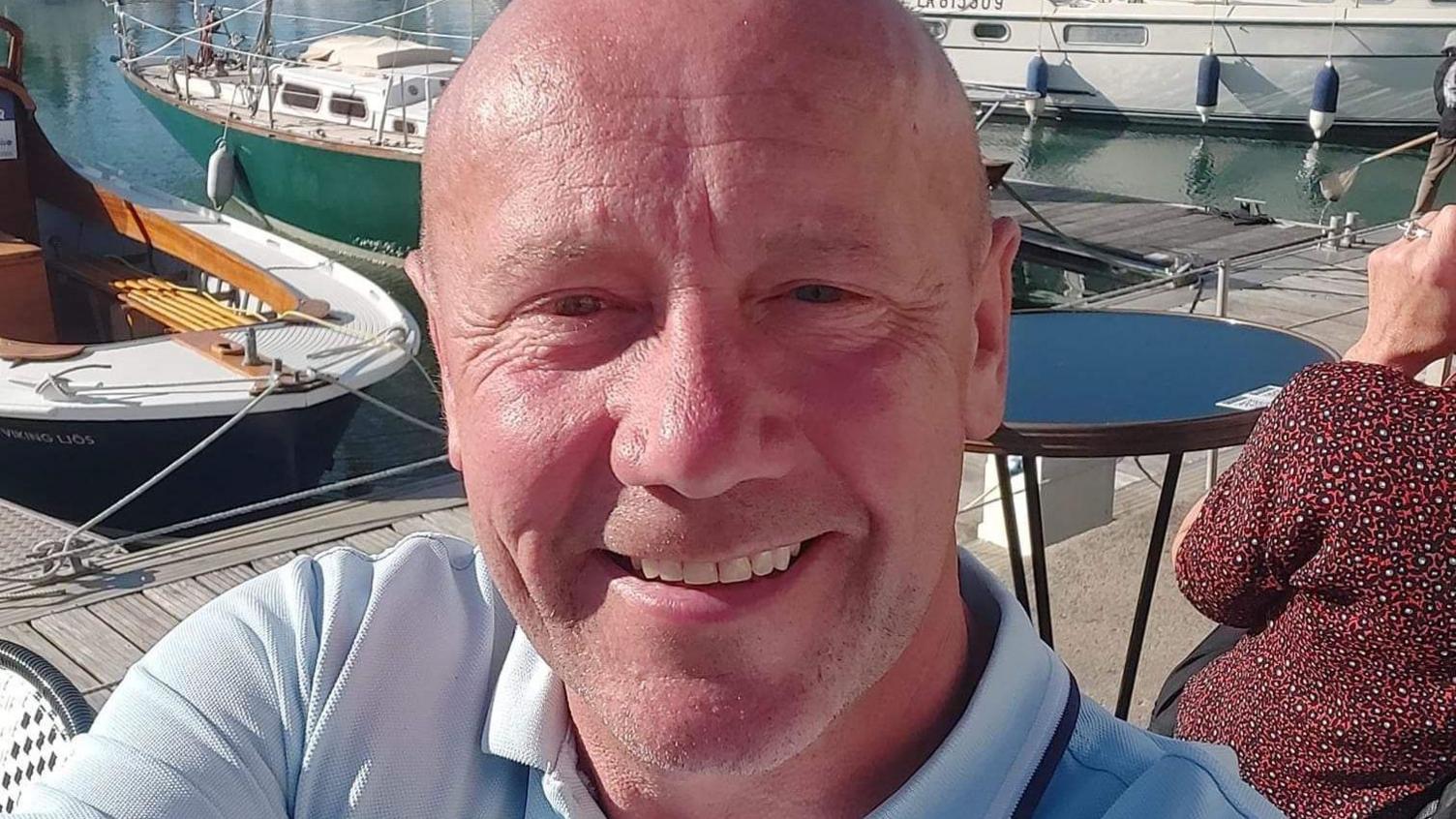
Prosecutors said Brian Darby was a good man killed "for no good reason"
- Published
A father and son accused of a hit-and-run murder used a "weaponised van with deadly intent", a court has heard.
Brian Darby, 60, was killed and three other people were seriously injured when a van ploughed into them on a footpath in Ingleby Barwick in February.
The driver Martin Breeze, 57, and his son Shaun, 29, deny 11 offences including murder, manslaughter and attempted murder.
In closing speeches, prosecutors called it a "targeted attack" but the defence said it was an accident with Martin Breeze driving dangerously while "off his head on drugs".
Prosecutor Nick Dry said 9 February had been a "fun-filled Friday night" for Mr Darby and his friends at the 3 Rivers bar, while the Breezes had spent the day consuming "huge amounts" of cocaine and other drugs at their home in Owls Grove.
Mr Dry said as the group left there was a "coming together" with Shaun Breeze, who had gone out on his bicycle to buy more drugs.
It led to an "exchanging of words" and several of the group chasing him away.
As he cycled away, he collided with another pedestrian and fell off his bike, then fled on foot while calling his father, Teesside Crown Court heard.
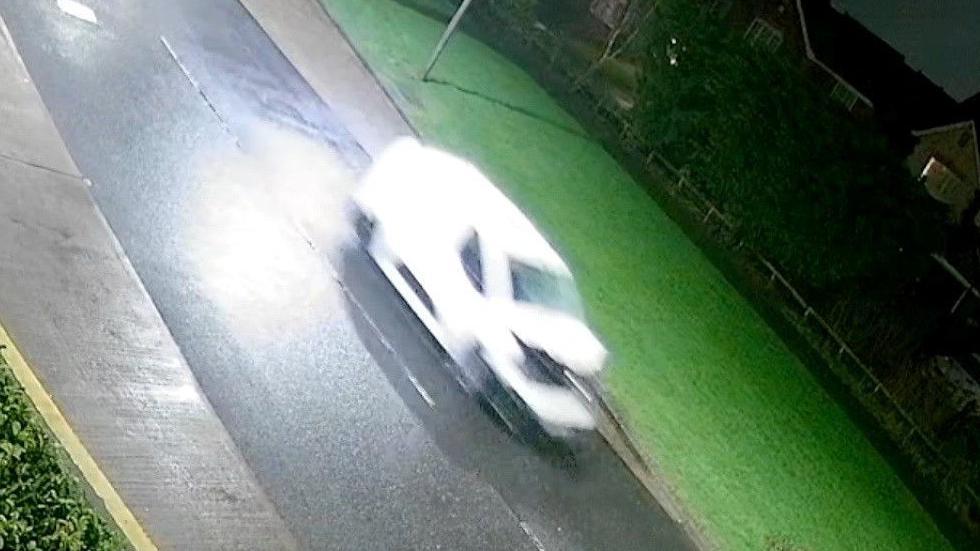
Martin Breeze abandoned his heavily damaged van and reported it stolen after the crash
Martin Breeze used his uninsured van to collect his son, then moments later drove into four of the group his son had just been in conflict with, the court heard.
Mr Breeze, who has admitted causing death and serious injury by dangerous driving, said it was an accident and he lost control of the van, but Mr Dry said it would have to be the "outrageous, contrived, coincidence of all coincidences" that he crashed into that group.
The prosecutor said it was "a deliberate and targeted attack using a van as a lethal weapon in a revenge for what had happened to Shaun Breeze in that encounter."
He said Shaun Breeze was "assisting and encouraging [his father] every step of the way" and had pointed the group out.
Mr Dry described the crash as "no accident but a weaponised vehicle being driven with deadly intent".
He said after running home and taking more drugs, the Breezes called police to give a false account of their van being stolen in a "brazen attempt to point the finger at someone else".
Mr Dry said Shaun Breeze, who made and spoke most in the call, showed a "readiness to manipulate", which jurors should consider when deciding how significant his diagnosis with autism spectrum disorder was when it came to assessing his conduct.
'Drugged up to eyeballs'
Representing Martin Breeze, Peter Makepeace KC said it was the defendant’s own case that he was guilty of serious offences, adding: "Nobody, least of all Martin Breeze, says he is innocent."
But, Mr Makepeace said, his client was guilty of the dangerous driving offences, not murder, manslaughter and attempted murder.
He urged jurors to reach a verdict using "consummate fairness from start to end" based on the evidence, not the "pure and simple emotion" the prosecution had tried to elicit.
Mr Makepeace said jurors would find it "easy to be fair" to people they liked or felt empathy for, but they were not going to feel that for "pernicious drug addict" Martin Breeze.
But, the defence said based on the evidence, jurors could not be sure the crash was a "deliberate targeted assassination attempt" over drug-fuelled dangerous driving.
Mr Makepeace said it was Martin Breeze’s case that he lost control of the van because he was "drugged up to the eyeballs".
The jury was told the fake report to police was "disgusting", but did not prove the crash had been deliberate.
'Is he clairvoyant?'
John Elvidge KC, representing Shaun Breeze, said it was an undisputed "gold standard fact" that his client "did not kill or injure anyone" or drive the van.
He said the prosecution were asking jurors to make a "huge leap" from "one inference to another without making any evidential bridge".
The first inference, the court was told by the barrister, was that Shaun Breeze "pointed the group out" to his father, but even if jurors thought that was the case it was not enough to convict him.
Mr Elvidge said the prosecution also needed to prove the second inference: that Shaun Breeze "must have known or believed that his father was going to drive off the road and into that group".
He said neither man had any previous convictions for violence, adding of Shaun Breeze: "Is he a clairvoyant? Can he read his father's mind?"
The trial continues.
Follow BBC Tees on X (formerly Twitter), external, Facebook, external and Instagram, external. Send your story ideas to northeastandcumbria@bbc.co.uk.
- Published23 July 2024
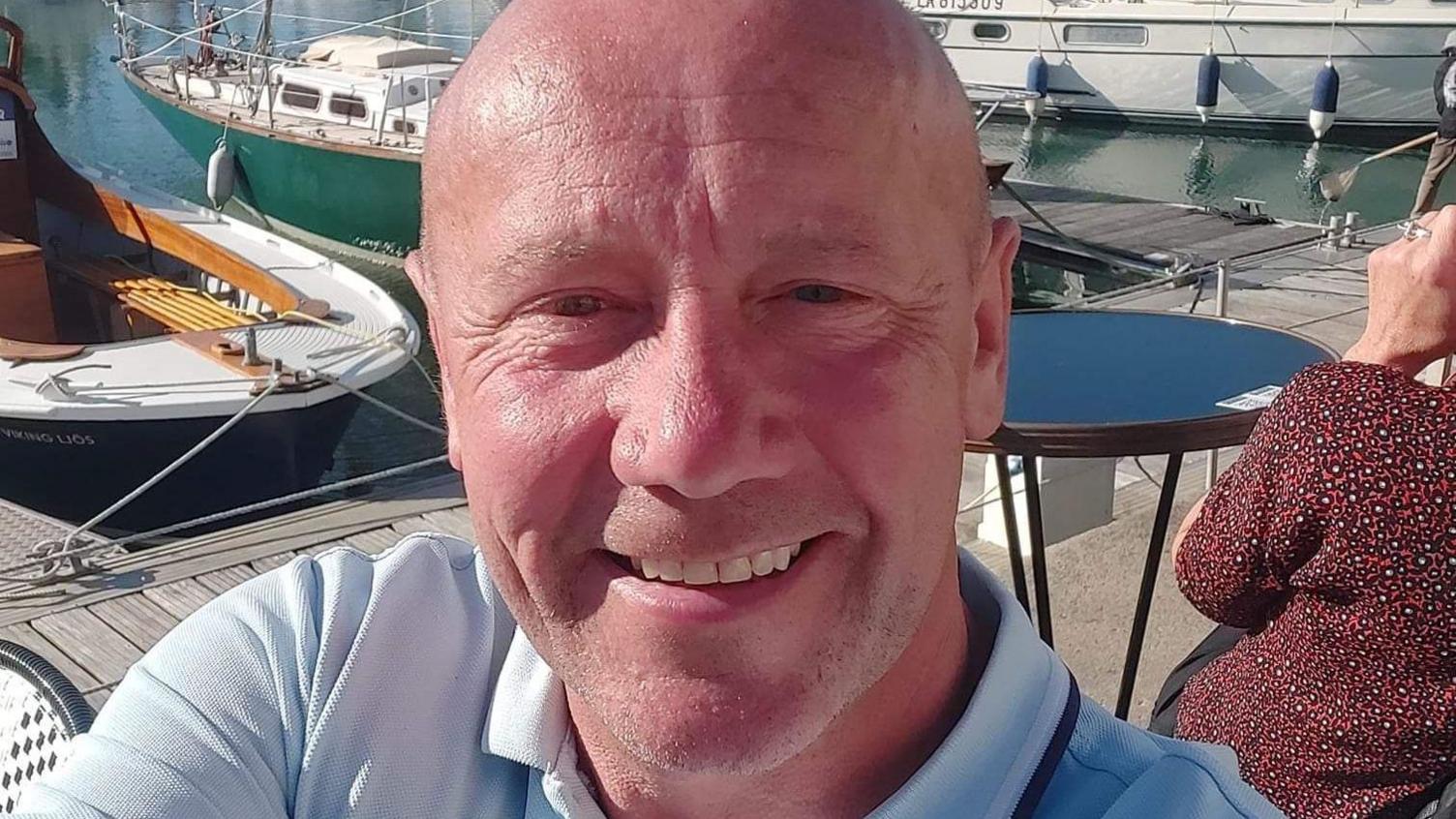
- Published22 July 2024
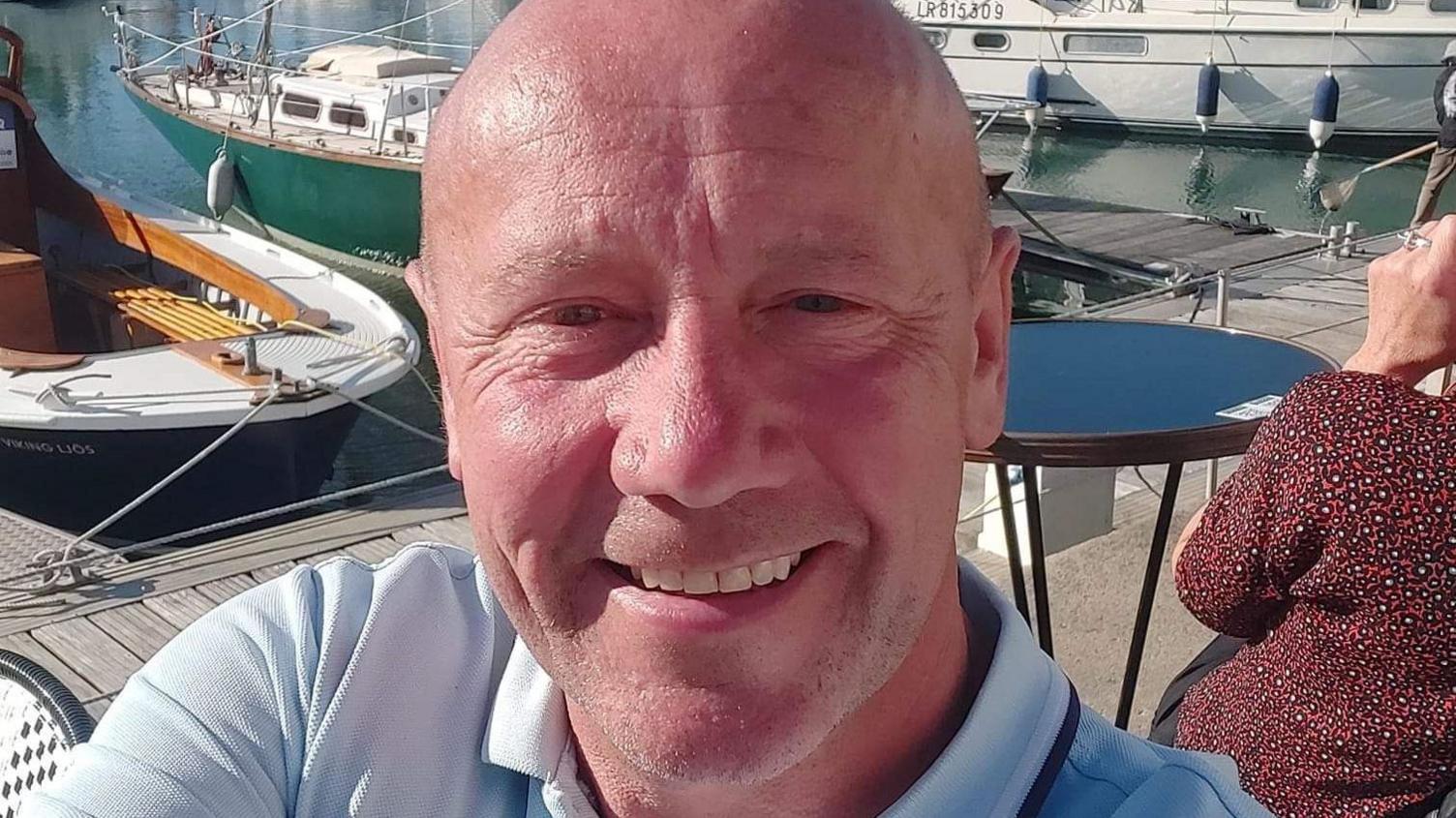
- Published16 July 2024
